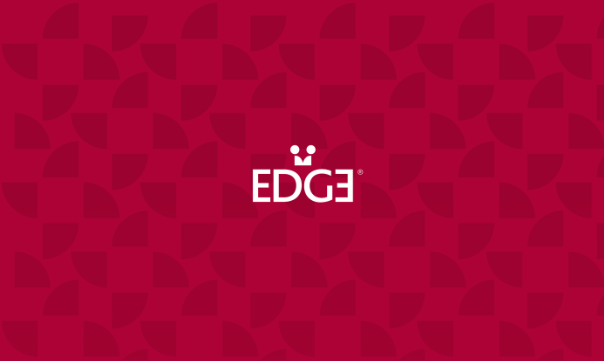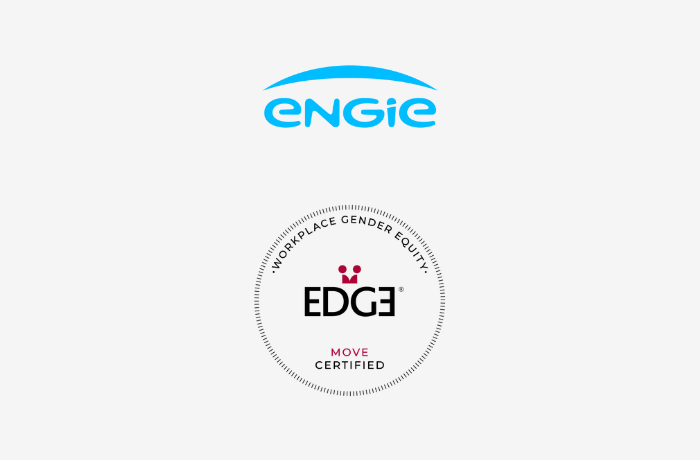Welcome to our article series, where we sit down with members of our Global Advisory Council and Academic and Scientific Council to explore their insights. Through a set of thought-provoking questions, each interview showcases their unique perspectives, expertise, and the latest work they’re passionate about. Together, we’ll shine a light on the contributions they’re making in the field of diversity, equity, and inclusion.
Meet Herminia Ibarra, Professor of Organizational Behaviour at London Business School. She is a valued member of the EDGE Academic And Scientific Council.

In your work, you focus on leadership, careers transitions, and mentoring / sponsorship. What do you think are the main opportunities that your recent research has unveiled in this area?
We all know that one big reason why too few women are reaching the top of their organizations is that they are not getting the mission-critical assignments that are prerequisite for a shot at the C-suite. Often, this is due to a lack of powerful sponsors demanding and ensuring that they get the stepping-stone jobs that lead to the top. We have to get a lot better at identifying what are the stepping stones and then making sure that a diverse set of people are getting the advice and advocacy that allow them to move into those roles.
In your opinion, what is working—and what is not—when it comes to building a diverse talent pipeline, while staying true to the principles of meritocracy?
Many companies understand the importance of sponsorship (and the unequal access to it) but cite pushback from executives who feel they are being asked to advocate for people they don’t know well or don’t think are ready. And, many of the sponsors I teach tell me they feel it is not fair to favour the person to whom they have been assigned over others they think are equally if not more promising. This isn’t a reason to give up on sponsorship; it’s an opportunity to reinvent how we approach it. In my view, we need to teach sponsors and sponsees alike to nurture relationships in a way that increases the likelihood that they will blossom into full-blown sponsorship.
You have recently published research articles on the topic of ‘Reinventing your Career’. You have a clear vision of the key factors that you need to think creatively about your next career move. How does gender equality, both at home and at work, play a role?
Reinventing yourself is an arduous journey, precisely because you are stepping off the well-trod path. My surveys show just how hard people find it. They know what they no longer want but don’t know what they want instead, and as a result, they don’t know how to start the search for a new career. Figuring this out is a creative task, one that requires bandwidth and emotional availability – things that we don’t have when we are physically and emotionally depleted, working full on at work and at home. One big reason gender equality plays an important role in career change is that having a life partner who shares equally in the “work of life” makes it easier to undertake the hard road of changing careers. By the same token, being in a dual-career relationship in which both partners contribute to the financial welfare of the household and to the personal and professional development of the other, makes it easier for one to take time and risk to reinvent themselves.
A big thank you to Professor Ibarra for sharing these insights with us.


